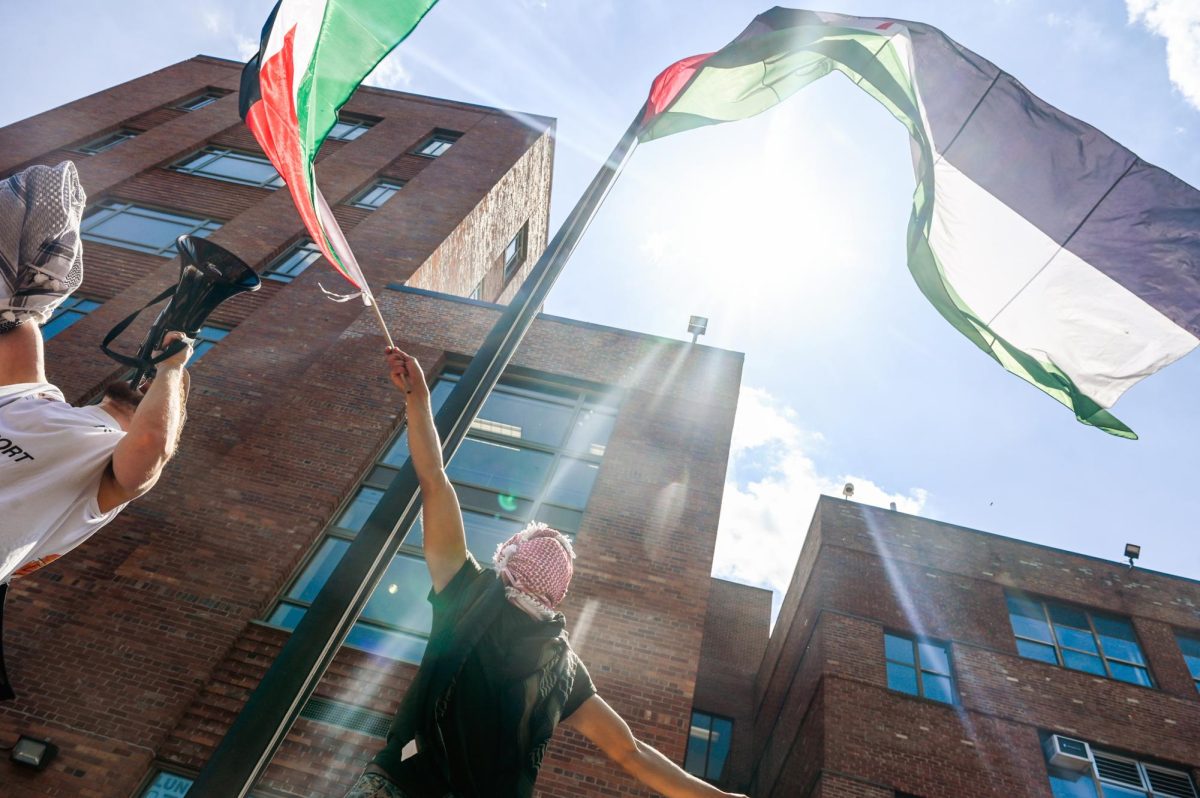International students studying at GW contributed more to the local economy last year than those studying at other D.C.-based colleges, a recent report focused on foreign students found.
The 8,500 international students in the District last year contributed more than $300 million to D.C.’s economy. About 2,600 of the students studied at GW and generated about $98 million of that figure, according to the National Association of Foreign Student Advisers. The $98 million includes money generated from student tuition, living costs and expenses from dependents.
“We are pleased these students benefit not only GW academically but the local Washington, D.C., economy,” said Greg Leonard, director of GW’s International Services Office.
Leonard said GW’s No. 1 ranking in foreign student population in the District speaks to GW’s standing among universities worldwide.
“It is a testament to GW’s reputation nationally and internationally and our efforts to attract a diverse, multicultural and multi-national student body,” Leonard said.
GW’s ISO holds different events and workshops to make international students feel comfortable when they arrive in Foggy Bottom.
“Apart from gaining quality education, these students feel welcomed and supported throughout their time at GW,” Leonard said.
Georgetown University had the second-highest number of international students, hosting 1,882 students and bringing in a total of $66,989,700 to the D.C. economy. American University had 977 students and generated $39,524,600.
Ursula Oaks, media relations director at NAFSA, said the number of international students enrolled in D.C.-area schools is encouraging for the U.S. economy.
“In tough economic times, foreign students and their families continue to make a significant economic contribution to communities across the United States,” she said.
Oaks said it’s important that the U.S. continues to attract a diverse pool of international students and scholars, including those from underserved populations in developing countries.
“They bring global perspectives to our campuses and communities, and make life-long friendships while they are here,” Oaks said.
Marwan Sulaiman, a freshman from Baghdad, said the politically active student body is part of what attracted him to GW. Though he was born and raised in Baghdad, Sulaiman spent two years living in Connecticut after he moved to the U.S. and before enrolling at GW.
“Being in Connecticut, people had no idea what Iraq was like,” he said. “But when I came here, saw the people, at least they had an idea what I was talking about and try to challenge my ideas.”






